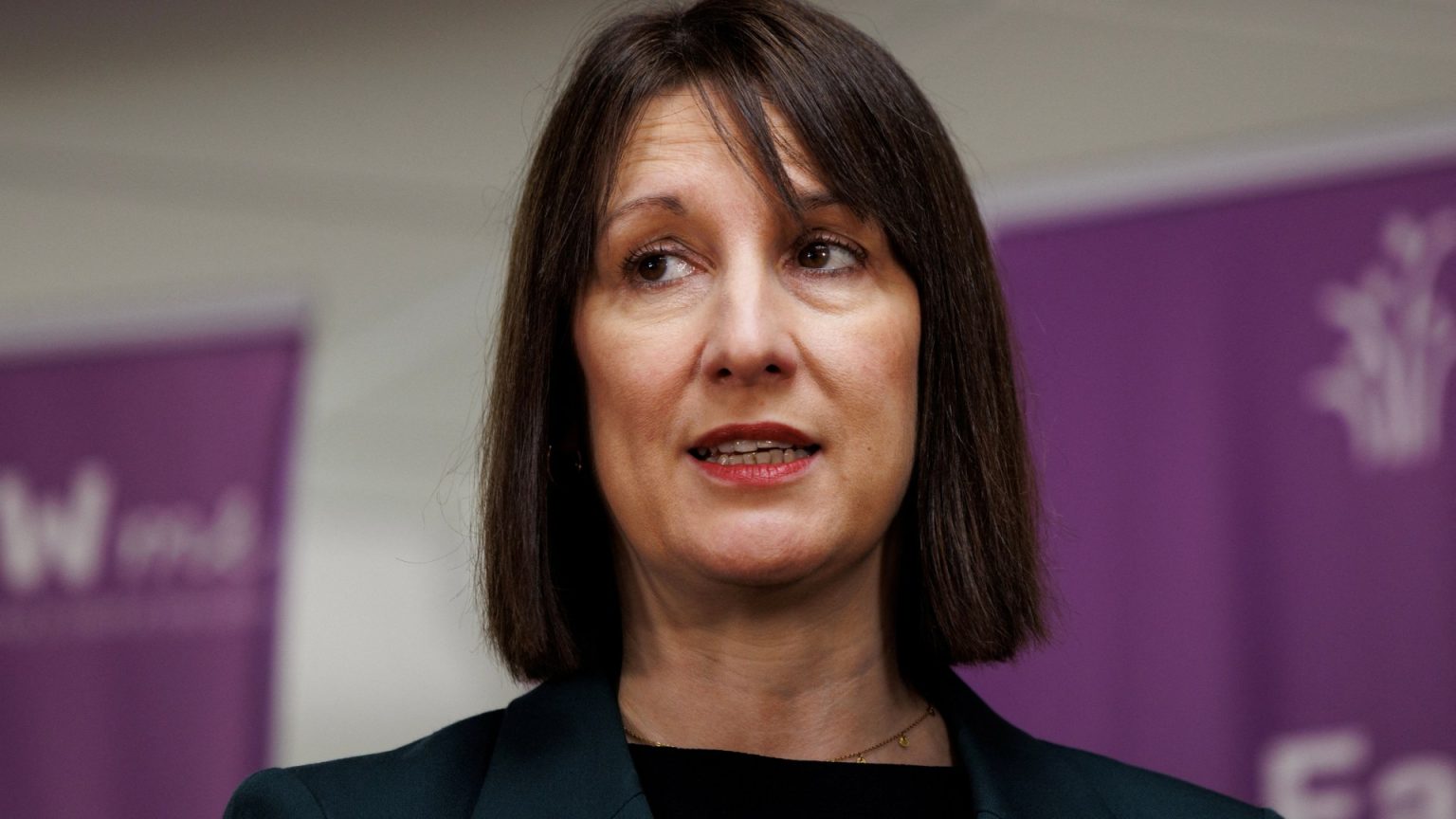The UK’s economic landscape is facing significant challenges, marked by soaring borrowing costs, dwindling investor confidence, and the looming threat of further tax increases. The yield on 30-year government bonds, known as gilts, recently reached a 27-year high of 5.24%, exceeding levels seen even during the turbulent aftermath of Liz Truss’s mini-budget. This surge in yields reflects growing concerns about the UK’s economic prospects and a perceived increase in risk associated with holding UK government debt. The situation is further exacerbated by the Treasury’s issuance of over £6 billion worth of gilts, flooding the market and contributing to downward pressure on prices. This precarious financial position places Chancellor Rachel Reeves in a difficult predicament, with economists suggesting she is on the verge of breaching her own fiscal rules. The alternatives – implementing further tax hikes or imposing spending cuts – are equally unpalatable, particularly given the current fragility of the UK economy.
The escalating borrowing costs are not merely abstract figures; they have tangible consequences for businesses and households. Higher gilt yields translate into increased interest rates across the board, making borrowing more expensive for everyone. This can stifle investment, curb consumer spending, and ultimately hinder economic growth. Critics, including Shadow Business Secretary Andrew Griffith and Shadow Chancellor Mel Stride, attribute the current economic woes to Labour’s policies, arguing that their pronouncements have undermined confidence and their tax policies have stifled economic activity. They contend that the rising gilt yields are a clear indication of investors’ lack of faith in the government’s economic strategy.
Adding to the chorus of concern are voices from the business sector. Lord Simon Wolfson, the CEO of Next, has criticized the recent budget, arguing that its tax increases will negatively impact growth and contribute to further price rises. He specifically pointed to the increased costs associated with employing staff, estimating a £73 million hike for Next, necessitating a 1% price increase and the introduction of self-service tills. This illustrates the direct impact of government fiscal policy on businesses, forcing them to make difficult decisions that ultimately affect consumers. Lord Wolfson’s critique underscores the potential for well-intentioned policies to have unintended negative consequences, particularly in a challenging economic environment.
The situation facing the UK economy is undeniably complex and multifaceted. The rising gilt yields are a symptom of deeper underlying issues, including concerns about long-term growth prospects, inflationary pressures, and global economic uncertainty. The government’s fiscal constraints limit its options for addressing these challenges, creating a difficult balancing act between maintaining fiscal responsibility and supporting economic growth. The criticism from the opposition and business leaders highlights the lack of consensus on the best path forward, adding further complexity to the already challenging economic landscape.
The confluence of these factors – rising borrowing costs, waning investor confidence, and the potential for further tax increases – paints a concerning picture for the UK economy. The government faces a difficult task in navigating these challenges, balancing the need for fiscal prudence with the imperative to stimulate economic growth. The debate over the appropriate policy response is likely to continue, with the potential for further market volatility and economic uncertainty in the near term. The long-term implications of these developments remain to be seen, but the current situation underscores the fragility of the global economic recovery and the challenges facing policymakers in navigating this complex landscape.
The escalating gilt yields serve as a stark reminder of the interconnectedness of global financial markets and the importance of maintaining investor confidence. The UK’s experience serves as a cautionary tale for other nations grappling with similar economic challenges, highlighting the need for prudent fiscal management and a clear, credible economic strategy. The ability of the UK government to navigate these turbulent waters and restore confidence in the economy will be crucial in determining the country’s economic trajectory in the coming months and years. The stakes are high, and the path forward remains uncertain, but the current situation demands decisive action and a clear vision for the future.











